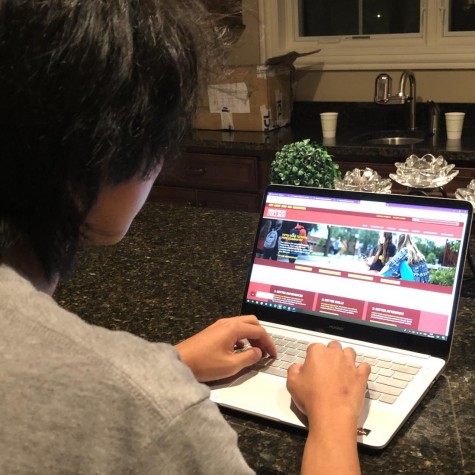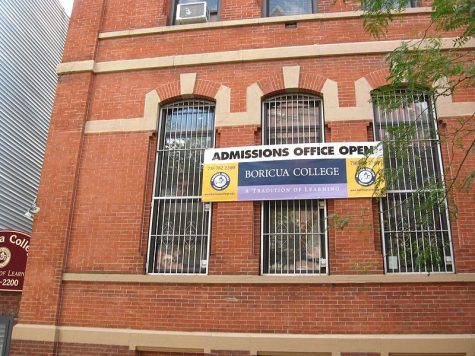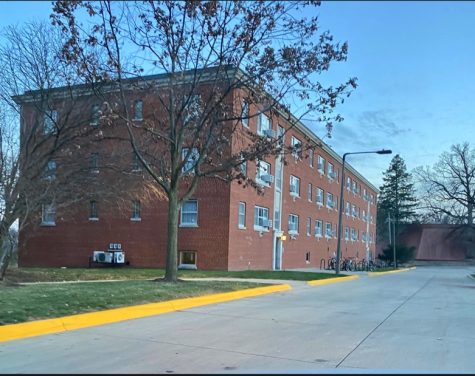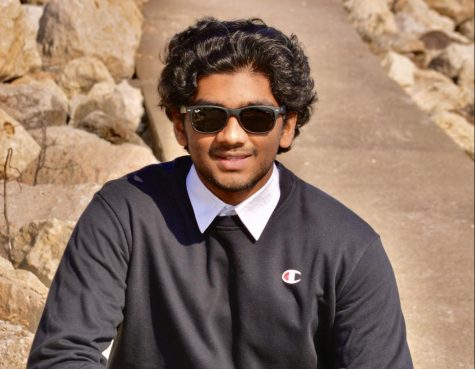“Study hard and you’ll get into a top college.”
Many kids hear this from their parents since childhood and strive to perfect their academic record, pursuing multiple meaningful extracurricular activities and sometimes even sacrificing their enjoyment in the process. Despite assuming they’re the perfect applicant and putting in effort to apply to college, some end up getting rejected by their top choices.
The error here is that most people think –and have been led to believe– that this transaction is the golden rule: You put in the work and you get an A. You do what adults tell you to do and you get rewarded. You prepare hard and you get a high test score. If you’re exceptionally smart and carry a strong work ethic, you WILL get an appropriate reward.
College admissions are only a little bit like this – but colleges mostly take advantage of this “hard work” transaction.
College admissions decisions are not an assessment; rather, they are strategic business decisions. Some of these educational institutions are even supported by multi-billion dollar endowments. Harvard has the ability to pay every student’s tuition from its endowment earnings alone but doesn’t, which it would if it was an institution of pure education. Why? Because apart from being an educational institution, it’s a business.
But these colleges are not just any normal business. Similar to Gucci and Balenciaga, they depend on the brand name. Although admissions officers may be understanding of hard-working applicants, they are ultimately employees of the college and their job is to do what their employer tells them.
Senior Nikhil Ramaraju noticed these admission trends. “Well, I think there’s a lot of things going around in admissions, so one never knows with certainty what college will accept. They give a lot of leniency towards legacy applicants, minorities for their diversity quota, and the rich. And everything after that is so random because you never know what the college is looking for at that time,” Ramaraju shared.
These colleges are nonprofit institutions with tax advantaged status, so they have some social obligations to do good, but they keep that to a minimum.
Despite efforts by elite universities to promote equal access to higher education through affirmative action and financial aid, the reality is that these initiatives have had little impact on increasing socioeconomic diversity. Statistics show that less than five percent of freshmen at elite universities come from families in the bottom half of the income distribution, and the same is true for American students at prestigious law schools.
While financial aid programs exist, they have limited effectiveness. Recent studies have revealed that even top-tier universities, including Ivy League institutions, have more students from the top 1 percent of the income scale than from the entire bottom 60 percent. As a result, the exorbitant cost of higher education has been normalized, with most middle-class families needing to save for a lifetime in order to afford their children’s education at elite universities.
This bias towards the rich is further seen through the Early Decision programs. Early Decision is a contract, usually for the rich, to go to a school, if accepted, no matter the price. The strategy is inherently biased. This year, many top colleges let up to 60% of their students through Early Decision, leaving very few spots for regular decision. This is a substantial increase from a pre-pandemic 2019, when top schools let in only around 20% through ED. The increase benefits the schools and not the students. Obviously, the poorer students are not confident enough to apply ED, fearing the financial burden. Even the richer students don’t have a chance to apply broadly to find their best match.
When facing rejection, students also need to keep in mind that the admissions officers are judging them based on a sheet of paper. They don’t know the student’s real life and the struggles the student faced.
Senior Nirmal Alla reflects on how the piece of paper is similar to a lottery ticket. “College admissions is a time consuming thing because of the number of applicants but the reality is that most of the applications are read for less than five minutes. It’s crazy to think that AOs decide if a person is a perfect fit for the school in those five minutes, making it a luck game. People have a right to be unhappy with a rejection but I don’t think they should beat themselves over it,” Alla shared.
Alla’s sentiments are valid as the fairly low-paid admissions officers only have a short amount of time to sort among thousands and thousands of applications to figure out who will most benefit their business.
The college admissions process is not a fair game, and it’s time to stop treating it like one. However, this doesn’t mean that hard work is useless; it will still provide valuable experience for future skills. It’s time to recognize the flaws in the college admissions process and strive for change to create a more equitable and fair system for all.


















